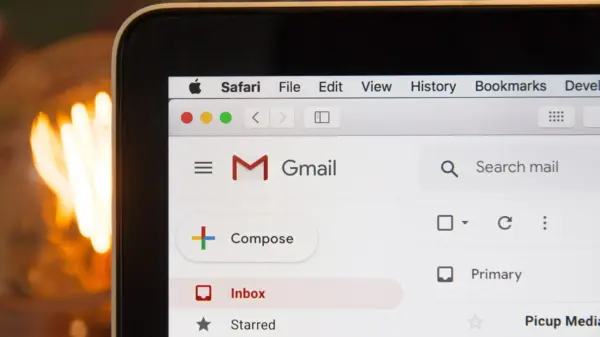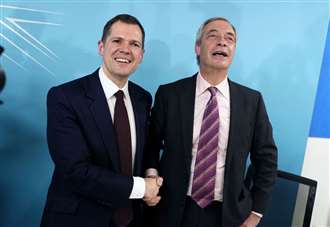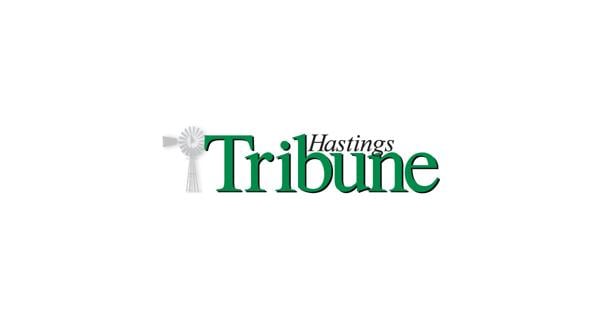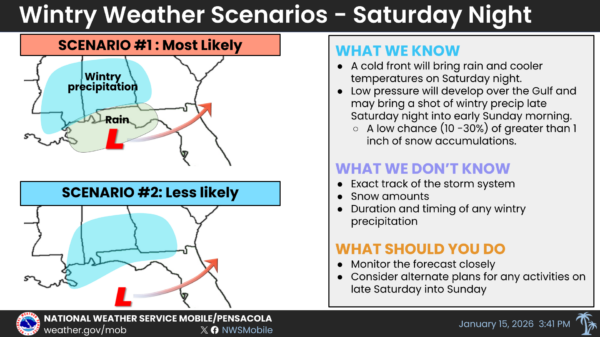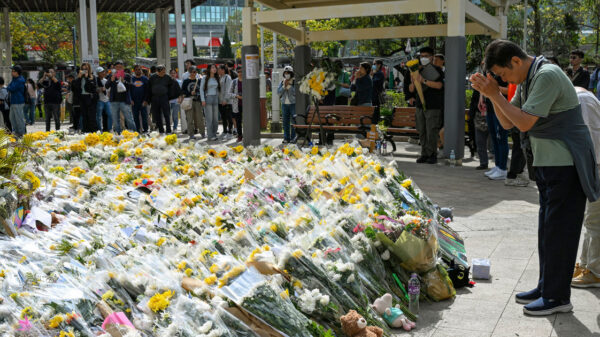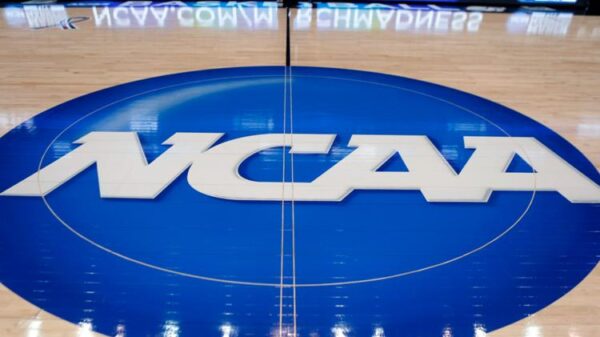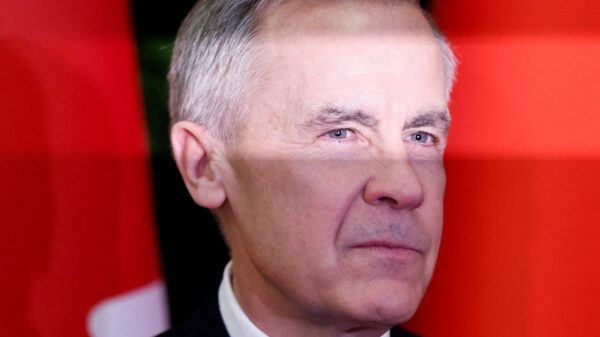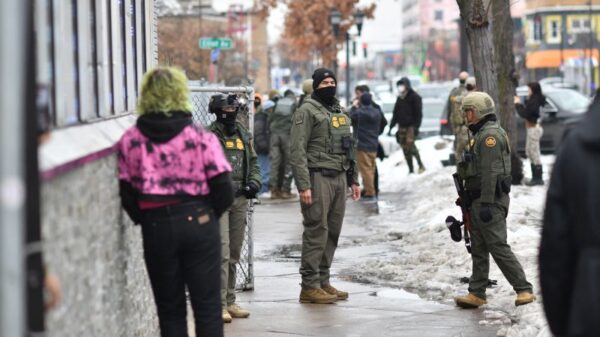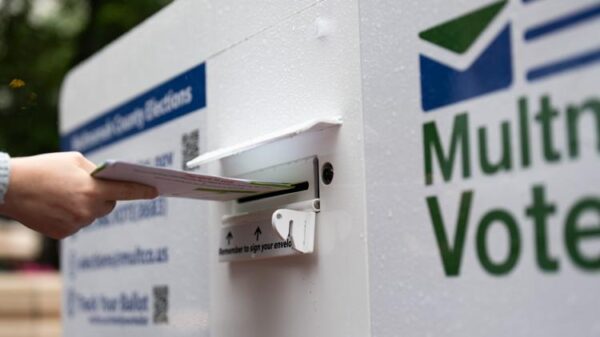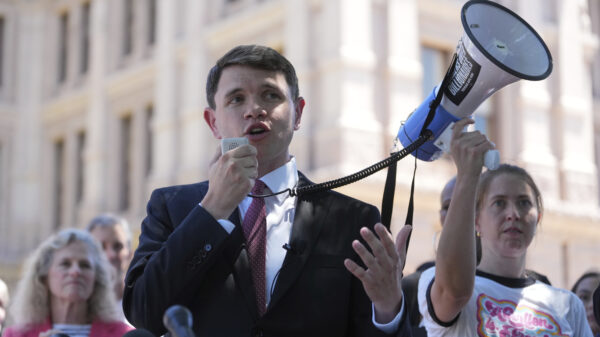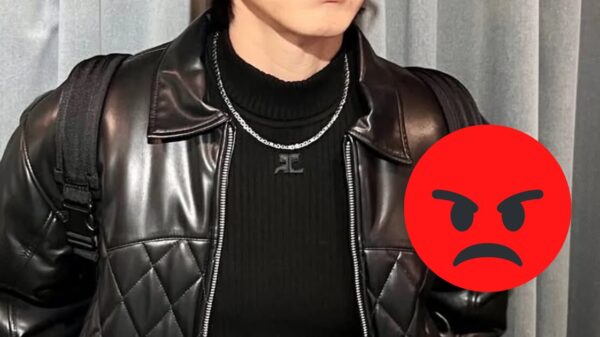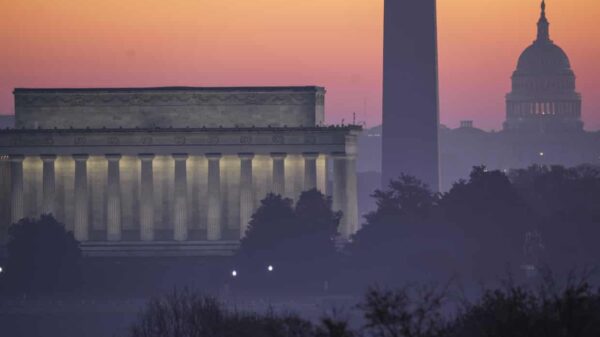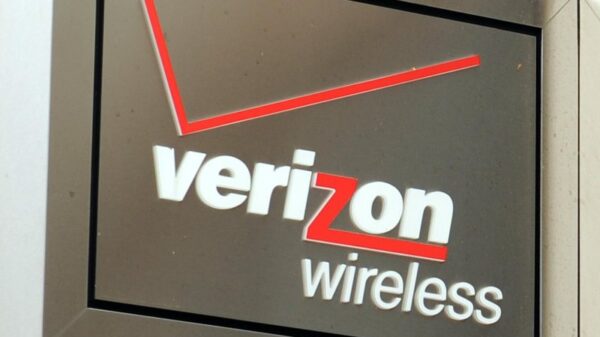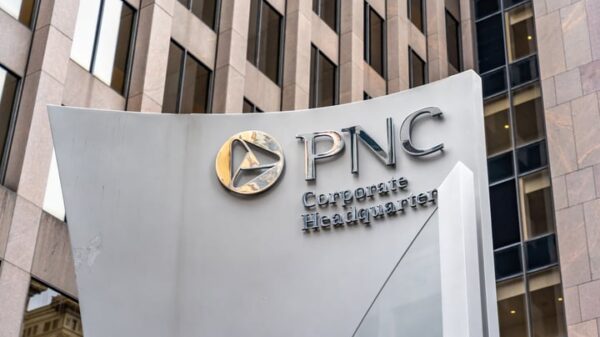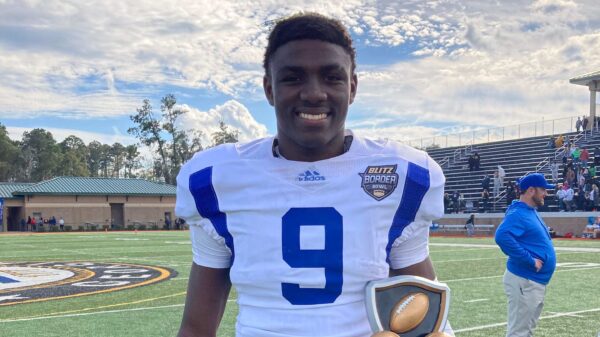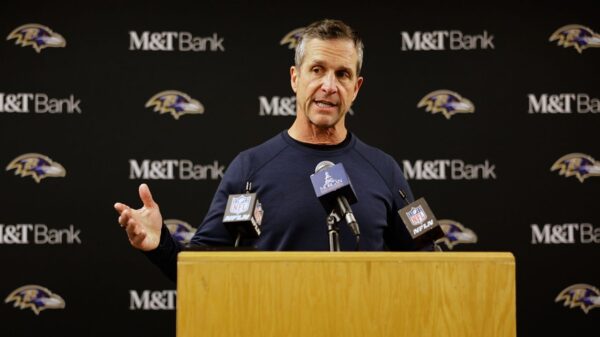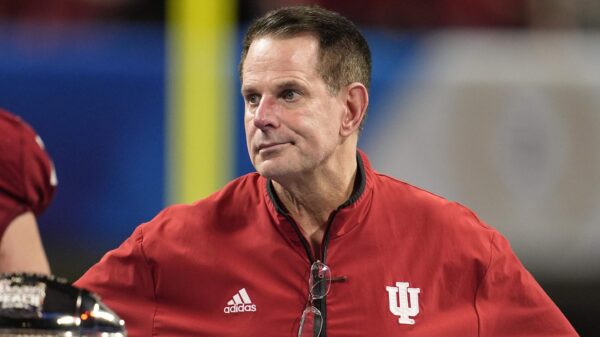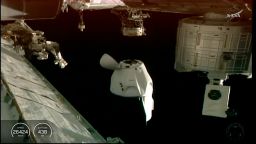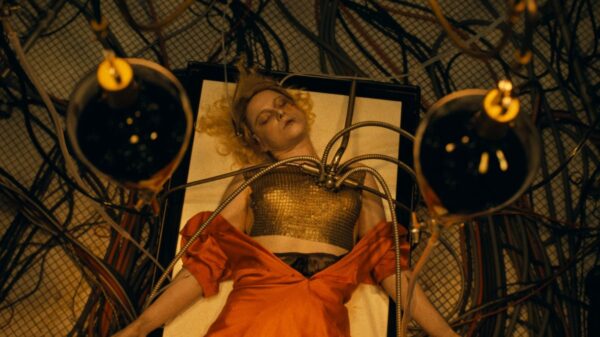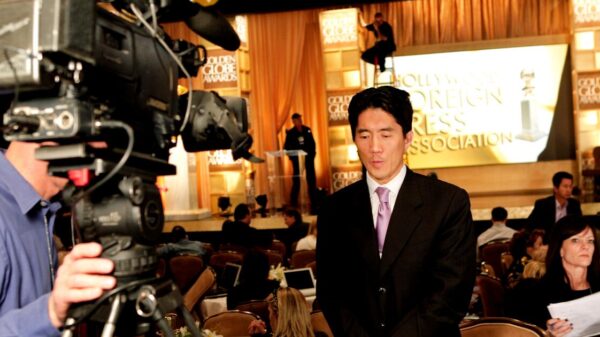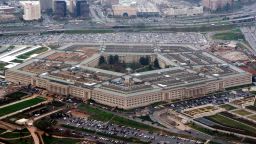URGENT UPDATE: Tensions are escalating within the Pentagon as Army Secretary Dan Driscoll faces backlash from Secretary of Defense Pete Hegseth over proposed plans to invite Donald Trump and Vice President JD Vance for a morale-boosting visit. The clash, which erupted shortly after Driscoll took office, underscores a growing power struggle that could have significant implications for military leadership.
Just days into his new role, Driscoll suggested leveraging a presidential visit to elevate troop morale. While Trump showed interest in the idea, Hegseth viewed the proposal as a challenge to his authority, labeling it insubordination. Sources reveal that this incident has intensified Hegseth’s scrutiny of anyone he perceives as a threat, particularly Driscoll, who has recently emerged as a potential successor amid Hegseth’s controversial tenure.
This power dynamic is critical as questions about Hegseth’s stability in the role have been mounting since his appointment. A series of missteps, including his decision to fire three senior officials in April over unproven leak accusations, has further fueled speculation about his future. Officials within the White House have begun discussing Driscoll as a replacement, a move that Hegseth reportedly finds infuriating.
In a statement, Hegseth dismissed claims of discord between him and Driscoll, stating, “I have complete & total confidence in Secretary Driscoll, and we will continue to work together.” Driscoll echoed this sentiment, asserting, “I’m honored to serve under the leadership of Secretary Hegseth.”
However, the reality appears more complicated. Hegseth’s management style has drawn criticism for its ruthlessness, as he has imposed strict measures to control information flow, including requiring Pentagon officials to sign non-disclosure agreements for even non-classified discussions. This has created an atmosphere of fear, with many staff members feeling pressured to conform to his vision.
The tensions are not solely professional; they have personal ramifications as well. Right-wing activist Laura Loomer has publicly targeted Driscoll, labeling him as sympathetic to “Trump haters” after he posted a photo with Democratic Congressman Eugene Vindman. Loomer’s attacks have led to public relations fallout for Driscoll, forcing Hegseth’s office to respond defensively.
As the Pentagon grapples with internal strife, the implications of Hegseth’s leadership extend beyond personnel conflicts. The ongoing crises, including Israeli strikes on Qatar and tensions with Venezuela, raise concerns about the military’s readiness and effectiveness under Hegseth’s controversial policies.
Looking ahead, the outcome of a DoD Inspector General investigation into Hegseth’s communication practices is expected soon, with potential repercussions for his administration. Meanwhile, with the military’s operational focus shifting under Hegseth, officials worry that neglecting substantive policy discussions could endanger U.S. service members.
As the situation develops, observers within the military and beyond are watching closely. The potential for Hegseth’s replacement looms large, particularly as Driscoll continues to gain favor in discussions about the future of military leadership. The stakes are high, not just for those involved but for the broader implications for U.S. military policy and morale.
Stay tuned for further updates as this story unfolds.

